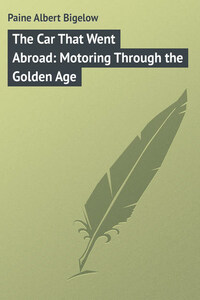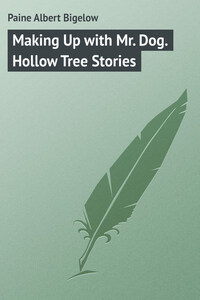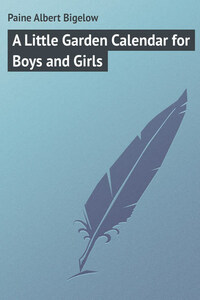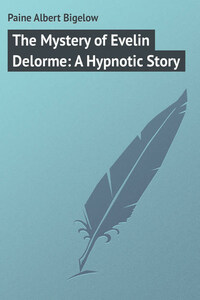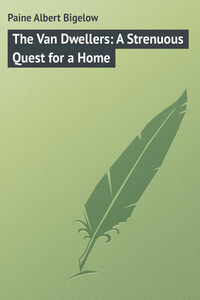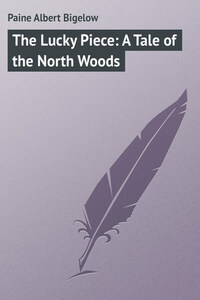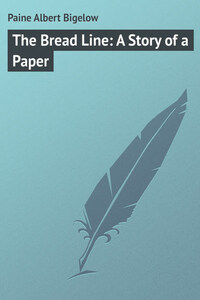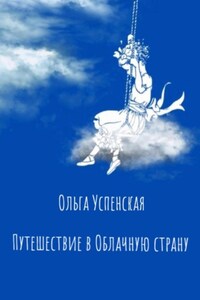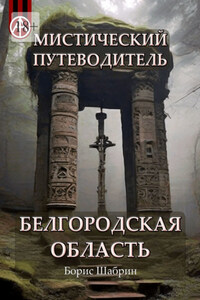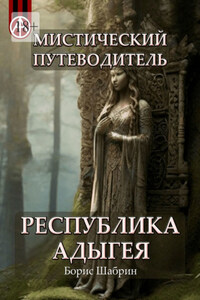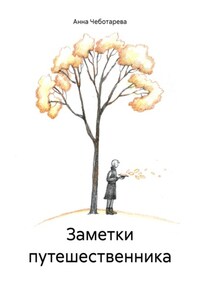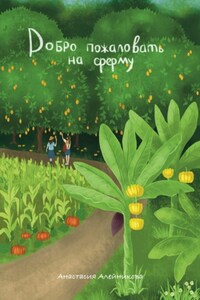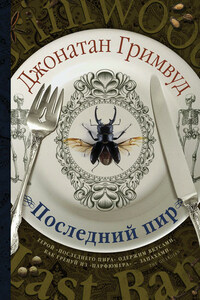Chapter I
DON'T HURRY THROUGH MARSEILLES
Originally I began this story with a number of instructive chapters on shipping an automobile, and I followed with certain others full of pertinent comment on ocean travel in a day when all the seas were as a great pleasure pond. They were very good chapters, and I hated to part with them, but my publisher had quite positive views on the matter. He said those chapters were about as valuable now as June leaves are in November, so I swept them aside in the same sad way that one disposes of the autumn drift and said I would start with Marseilles, where, after fourteen days of quiet sailing, we landed with our car one late August afternoon.
Most travelers pass through Marseilles hastily – too hastily, it may be, for their profit. It has taken some thousands of years to build the "Pearl of the Mediterranean," and to walk up and down the rue Cannebière and drink coffee and fancy-colored liquids at little tables on the sidewalk, interesting and delightful as that may be, is not to become acquainted with the "pearl" – not in any large sense.
We had a very good and practical reason for not hurrying through Marseilles. It would require a week or more to get our car through the customs and obtain the necessary licenses and memberships for inland travel. Meantime we would do some sight-seeing. We would begin immediately.
Besides facing the Old Port (the ancient harbor) our hotel looked on the end of the Cannebière, which starts at the Quai and extends, as the phrase goes, "as far as India," meaning that the nations of the East as well as those of the West mingle there. We understood the saying as soon as we got into the kaleidoscope. We were rather sober-hued bits ourselves, but there were plenty of the other sort. It was the end of August, and Marseilles is a semi-tropic port. There were plenty of white costumes, of both men and women, and sprinkled among them the red fezzes and embroidered coats and sashes of Algiers, Morocco, and the Farther East. And there were ladies in filmy things, with bright hats and parasols; and soldiers in uniforms of red and blue, while the wide pavements of that dazzling street were literally covered with little tables, almost to the edges. And all those gay people who were not walking up and down, chatting and laughing, were seated at the little tables with red and green and yellow drinks before them and pitchers of ice or tiny cups of coffee, and all the seated people were laughing and chattering, too, or reading papers and smoking, and nobody seemed to have a sorrow or a care in the world. It was really an inspiring sight, after the long, quiet days on the ship, and we loitered to enjoy it. It was very busy around us. Tramcars jangled, motors honked, truckmen and cabmen cracked their whips incessantly. Newswomen, their aprons full of long pockets stuffed with papers, offered us journals in phrases that I did not recognize as being in my French phonograph; cabmen hailed us in more or less English and wanted to drive us somewhere; flower sellers' booths lined both sides of a short street, and pretty girls held up nosegays for us to see. Now and then a beggar put out a hand.
The pretty drinks and certain ices we saw made us covetous for them, but we had not yet the courage to mingle with those gay people and try our new machine-made French right there before everybody. So we slipped into a dainty place – a pâtisserie boulangerie– and ordered coffee and chocolate ice cream, and after long explanations on both sides got iced coffee and hot chocolate, which was doing rather well, we thought, for the first time, and, anyhow, it was quite delicious and served by a pretty girl whose French was so limpid that one could make himself believe he understood it, because it was pure music, which is not a matter of arbitrary syllables at all.
We came out and blended with the panaroma once more. It was all so entirely French, I said; no suggestion of America anywhere. But Narcissa, aged fifteen, just then pointed to a flaming handbill over the entrance of a cinematograph show. The poster was foreign, too, in its phrasing, but the title, "L'aventures d'Arizona Bill" certainly had a flavor of home. The Joy, who was ten, was for going in and putting other things by, but we overruled her. Other signs attracted us – the window cards and announcements were easy lessons in French and always interesting.
